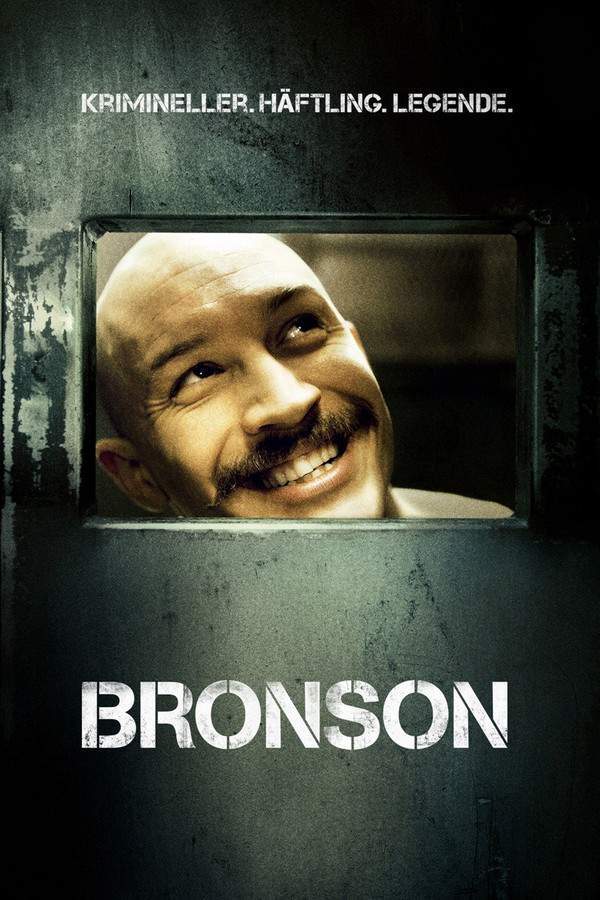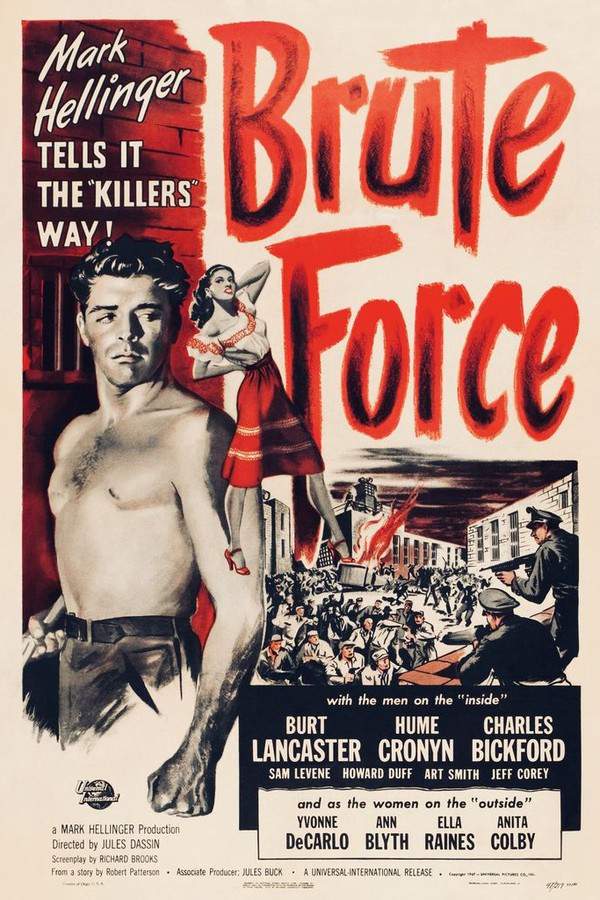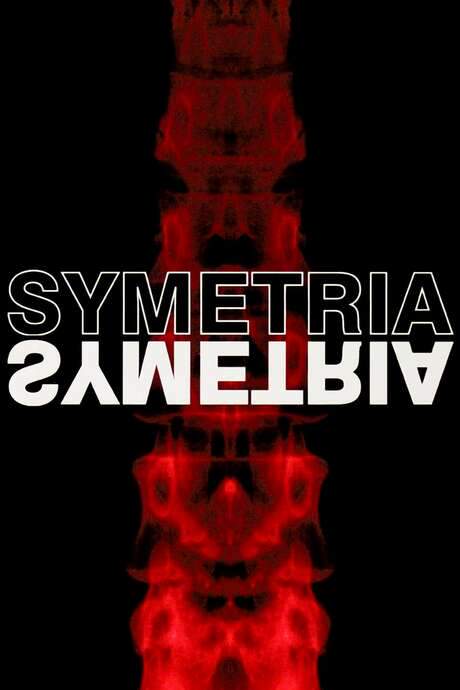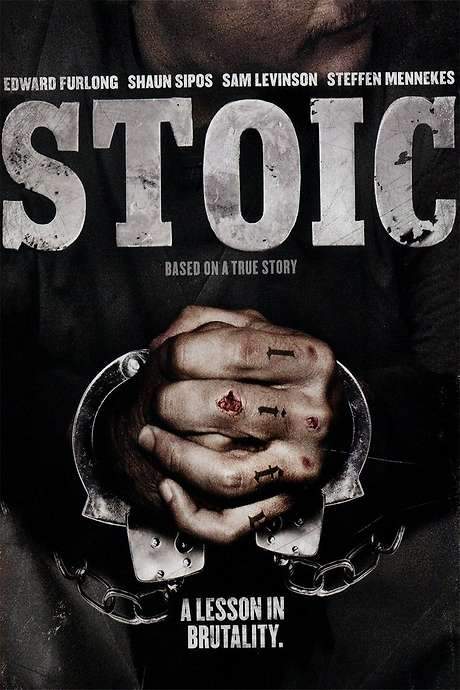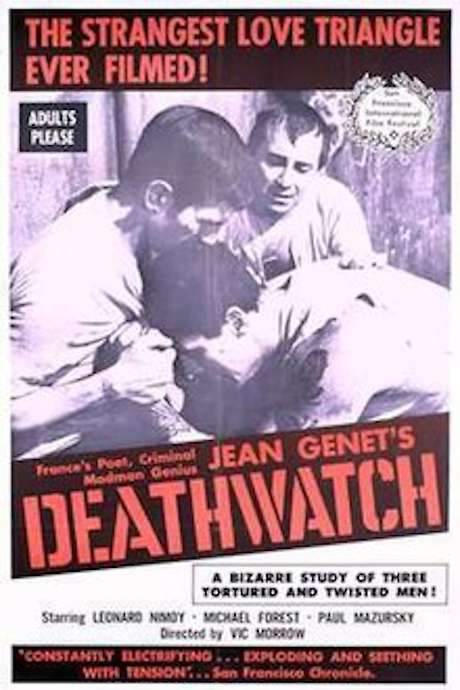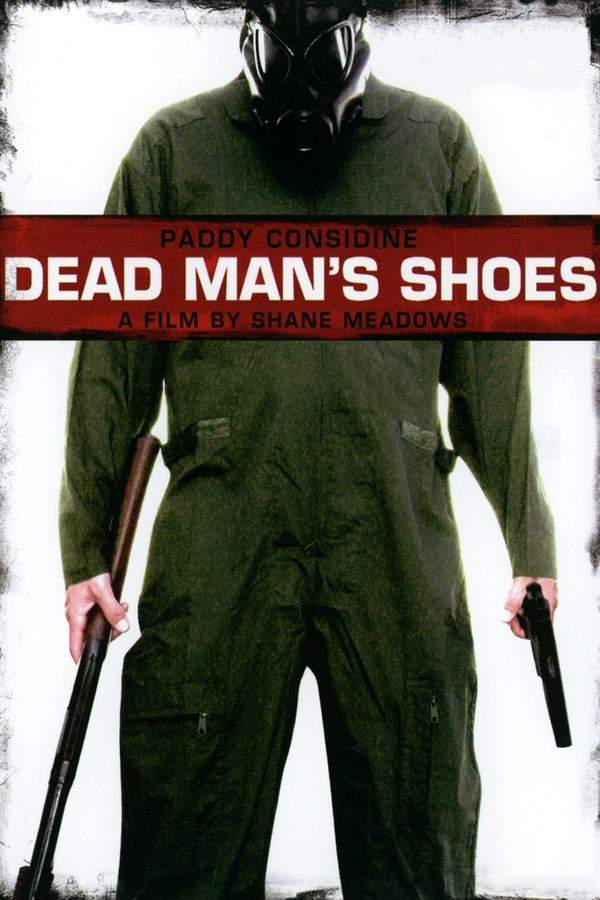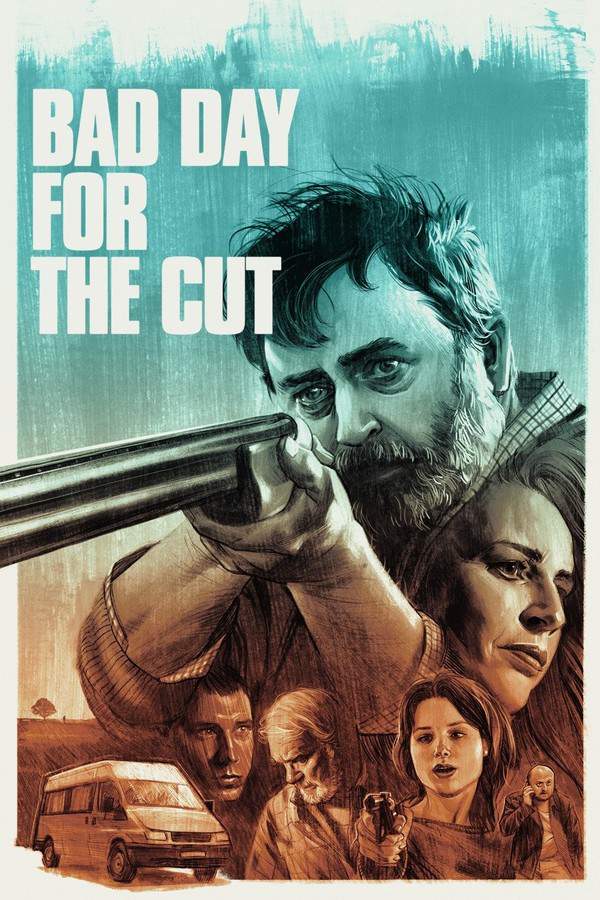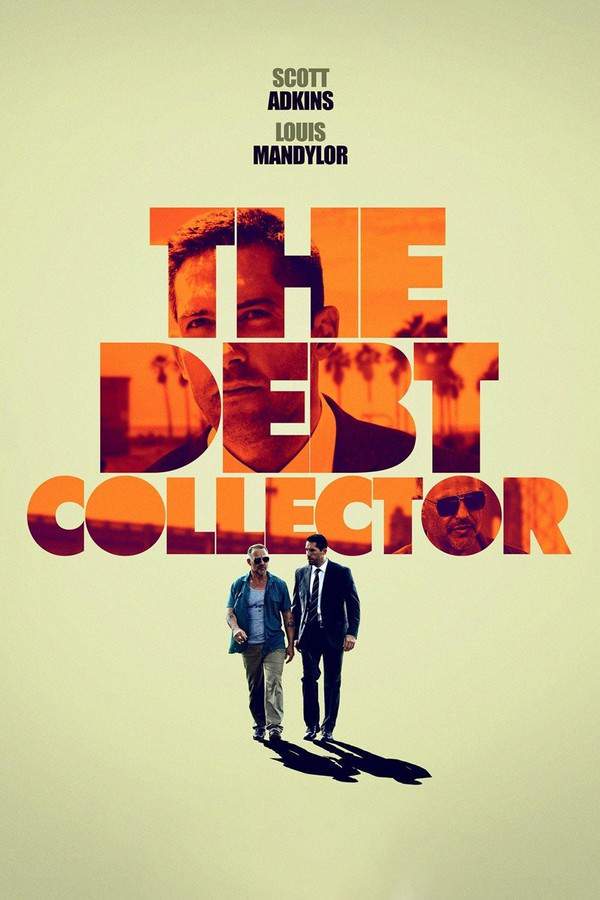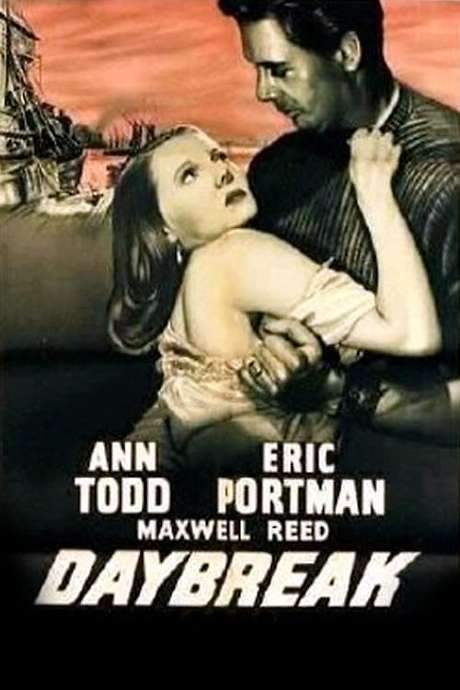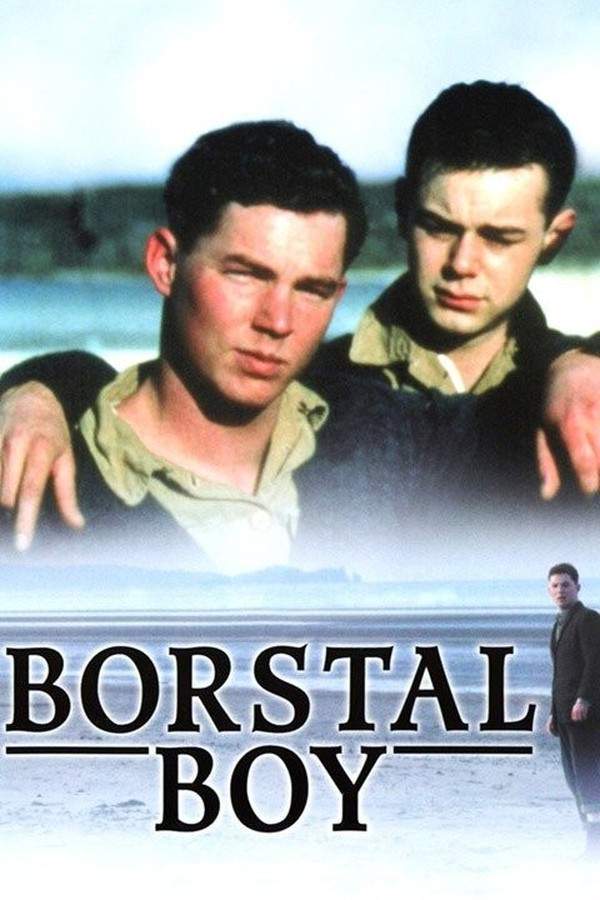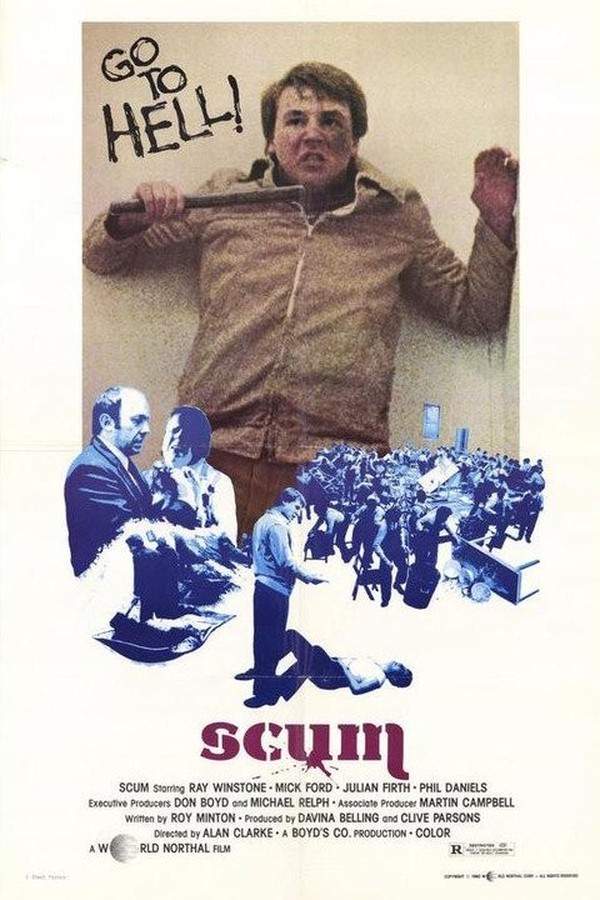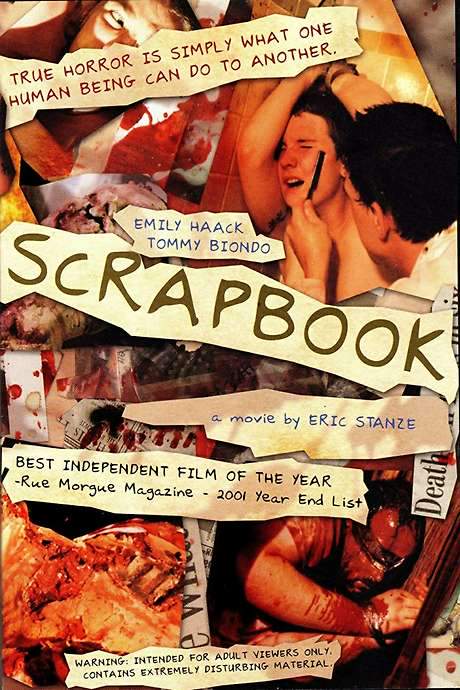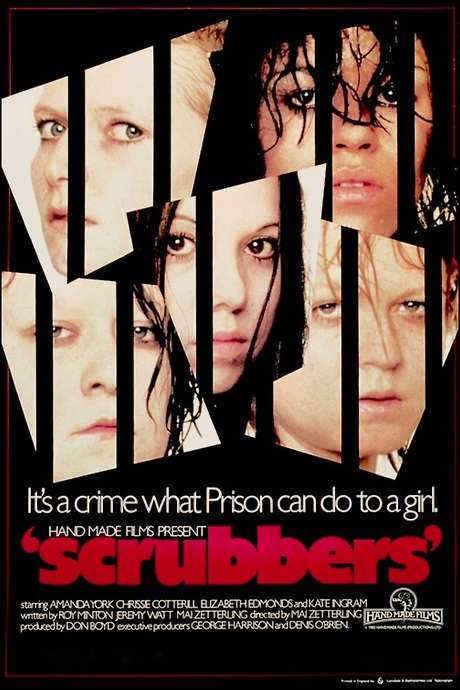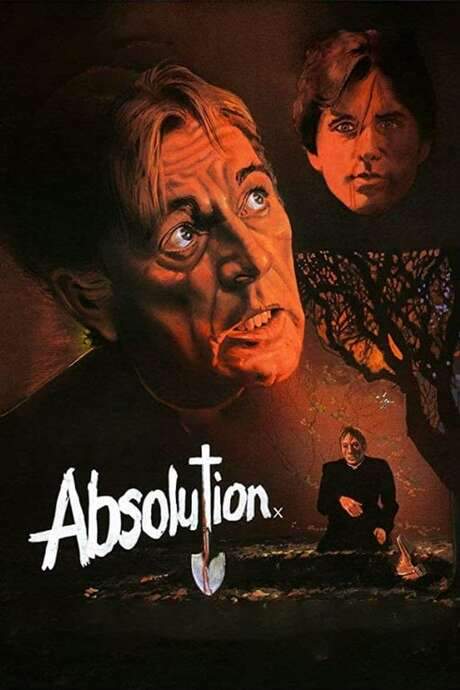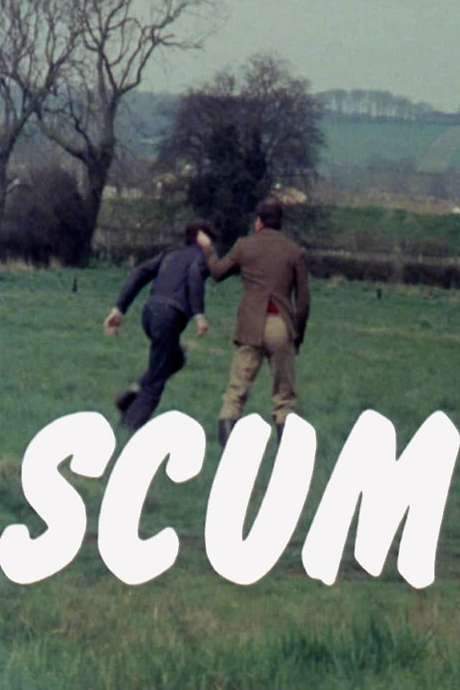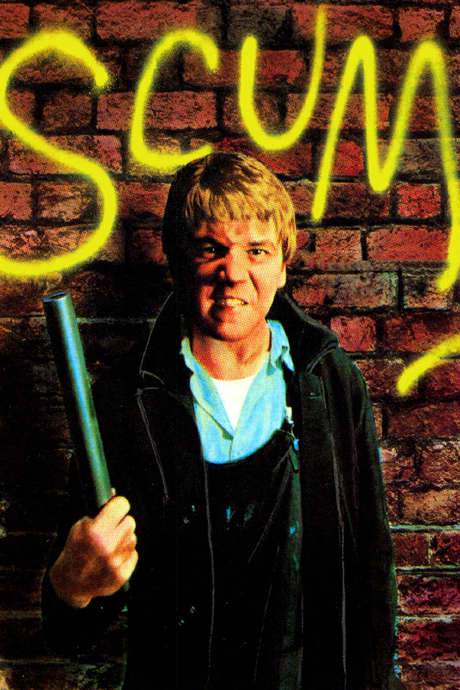
Scum
Year: 1979
Runtime: 98 mins
Language: English
Director: Alan Clarke
In Borstal, survival rules! Powerful, uncompromising drama about two boys’ struggle for survival in the nightmare world of Britain’s notorious Borstal Reformatory.
Warning: spoilers below!
Haven’t seen Scum yet? This summary contains major spoilers. Bookmark the page, watch the movie, and come back for the full breakdown. If you're ready, scroll on and relive the story!
Timeline & Setting – Scum (1979)
Explore the full timeline and setting of Scum (1979). Follow every major event in chronological order and see how the environment shapes the story, characters, and dramatic tension.
Last Updated: October 04, 2025 at 15:10
Main Characters – Scum (1979)
Meet the key characters of Scum (1979), with detailed profiles, motivations, and roles in the plot. Understand their emotional journeys and what they reveal about the film’s deeper themes.
Last Updated: October 04, 2025 at 15:10
Major Themes – Scum (1979)
Explore the central themes of Scum (1979), from psychological, social, and emotional dimensions to philosophical messages. Understand what the film is really saying beneath the surface.
Last Updated: October 04, 2025 at 15:10
Explore Movie Threads
Discover curated groups of movies connected by mood, themes, and story style. Browse collections built around emotion, atmosphere, and narrative focus to easily find films that match what you feel like watching right now.
Brutal Institution Dramas like Scum
Stories that expose the soul-crushing cruelty and moral decay of total institutions.If you found the harsh reality of Scum compelling, explore more movies like it that pull back the curtain on brutal institutions. These films share a focus on survival, power struggles, and the failure of authority, offering similarly grim and emotionally heavy viewing experiences.
Narrative Summary
These narratives typically follow an individual or group trapped within an unforgiving system. The central conflict is against the institution itself—its rules, its authorities, and the fellow inmates shaped by it. The story arc often involves a struggle for power or dignity that is ultimately crushed or rendered futile by the overwhelming weight of the system.
Why These Movies?
These movies are grouped together because they share a core thematic focus on institutional failure and the dynamics of power in closed, oppressive environments. They create a similar mood of claustrophobic dread and offer a stark, often cynical, critique of societal structures.
Bleak and Uncompromising Movies like Scum
Narratives where hope is extinguished and characters spiral into inevitable tragedy.For viewers who appreciated the raw, hopeless intensity of Scum, this collection features similar films with bleak endings and heavy emotional impact. These stories share a dark tone, steady pacing toward tragedy, and a powerful, often disturbing, narrative focus on human suffering without redemption.
Narrative Summary
The narrative pattern is a linear progression of escalating misery and conflict. Characters may attempt to resist or gain control, but their efforts are met with increasingly brutal consequences. The plot structure serves to systematically dismantle any possibility of hope, leading to an ending that confirms the worst fears about the world of the story.
Why These Movies?
These films are united by their shared commitment to a dark, pessimistic worldview and an emotional journey that is overwhelmingly heavy. The similarity lies in the cumulative effect of their tone, pacing, and narrative resolution, all working in concert to create a profoundly bleak experience.
Unlock the Full Story of Scum
Don't stop at just watching — explore Scum in full detail. From the complete plot summary and scene-by-scene timeline to character breakdowns, thematic analysis, and a deep dive into the ending — every page helps you truly understand what Scum is all about. Plus, discover what's next after the movie.
Scum Summary
Read a complete plot summary of Scum, including all key story points, character arcs, and turning points. This in-depth recap is ideal for understanding the narrative structure or reviewing what happened in the movie.

Scum Timeline
Track the full timeline of Scum with every major event arranged chronologically. Perfect for decoding non-linear storytelling, flashbacks, or parallel narratives with a clear scene-by-scene breakdown.

Scum Spoiler-Free Summary
Get a quick, spoiler-free overview of Scum that covers the main plot points and key details without revealing any major twists or spoilers. Perfect for those who want to know what to expect before diving in.

More About Scum
Visit What's After the Movie to explore more about Scum: box office results, cast and crew info, production details, post-credit scenes, and external links — all in one place for movie fans and researchers.

Similar Movies to Scum
Discover movies like Scum that share similar genres, themes, and storytelling elements. Whether you’re drawn to the atmosphere, character arcs, or plot structure, these curated recommendations will help you explore more films you’ll love.
Explore More About Movie Scum
Scum (1979) Plot Summary & Movie Recap
Scum (1979) Scene-by-Scene Movie Timeline
Scum (1979) Spoiler-Free Summary & Key Flow
Movies Like Scum – Similar Titles You’ll Enjoy
Bully (2001) Complete Plot Breakdown
Borstal Boy (2002) Ending Explained & Film Insights
Scum (1980) Complete Plot Breakdown
Scrapbook (2000) Full Summary & Key Details
Boys Grammar (2005) Full Movie Breakdown
Snuff 102 (2007) Full Movie Breakdown
Scrubbers (1982) Spoiler-Packed Plot Recap
Absolution (1978) Full Movie Breakdown
Stoic (2009) Story Summary & Characters
Crime School (1938) Full Summary & Key Details
They Eat Scum (1979) Detailed Story Recap
Boys’ Reformatory (1939) Story Summary & Characters
Scum of the Earth! (1963) Complete Plot Breakdown
Scum (1977) Complete Plot Breakdown
Scum of the Earth (1974) Plot Summary & Ending Explained

